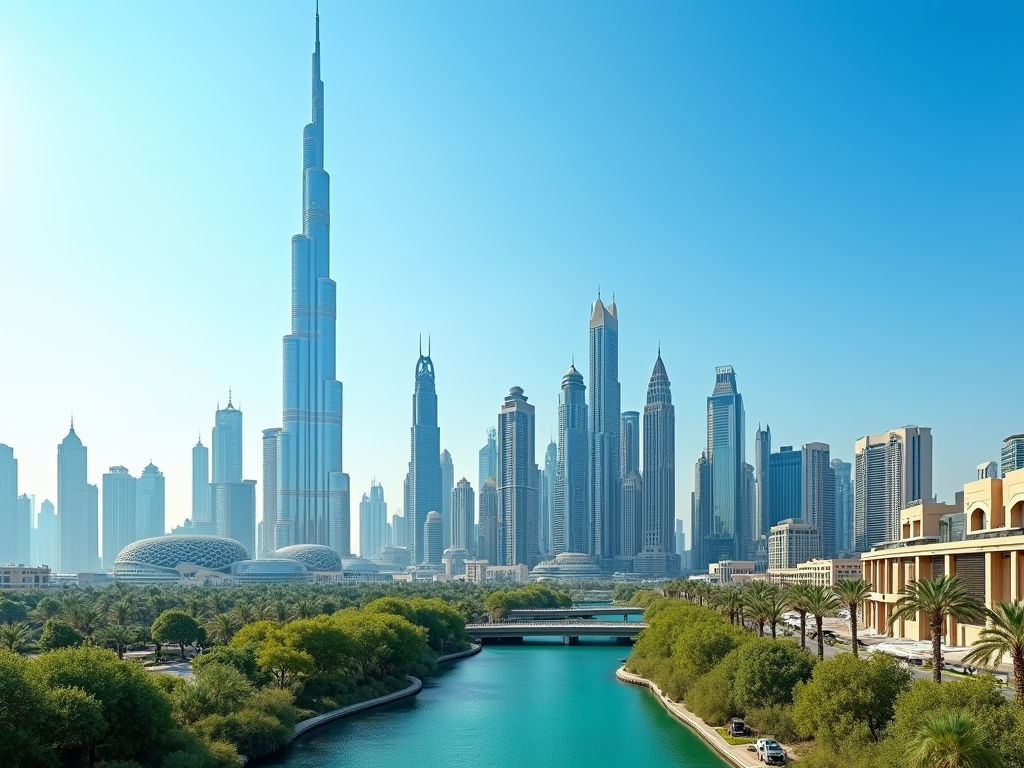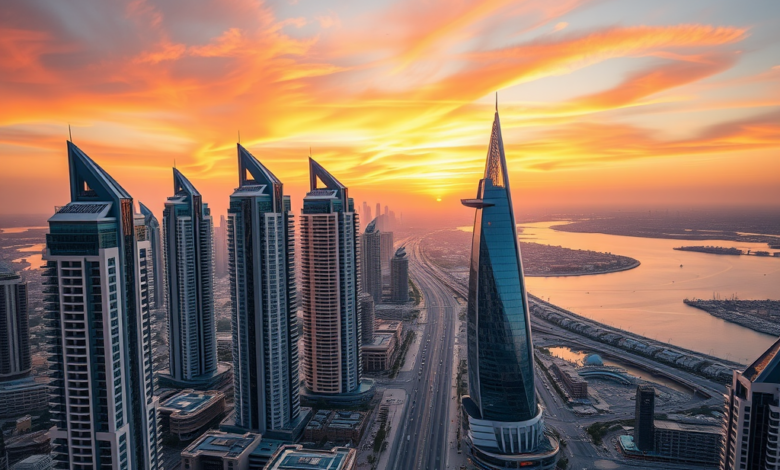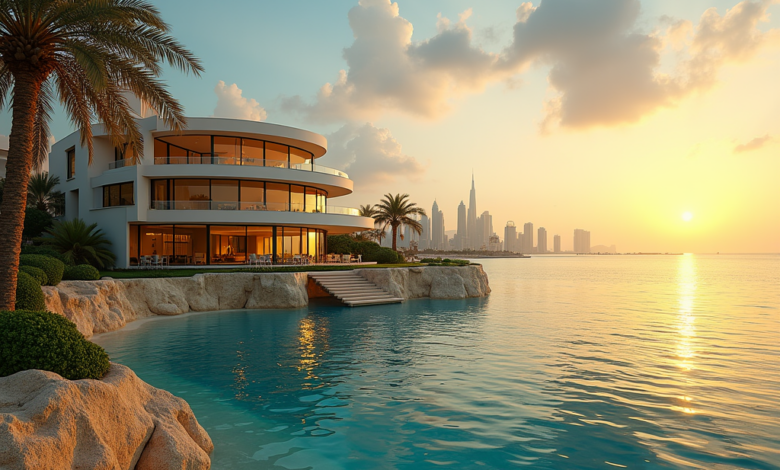Dubai’s tax-free zones have significantly transformed its real estate development landscape, creating a unique environment that attracts both local and international investors. These zones offer various incentives, such as 100% foreign ownership, exemption from personal income tax, and full repatriation of profits. As a result, real estate projects have flourished within these zones, leading to accelerated development and an influx of capital. The impact of these initiatives extends beyond just financial benefits; they contribute to urbanization, job creation, and diversification of the economy. In this article, we will delve deeper into how Dubai’s tax-free zones influence real estate development, outlining their features, benefits, and implications for the broader market.
Understanding Tax-Free Zones in Dubai
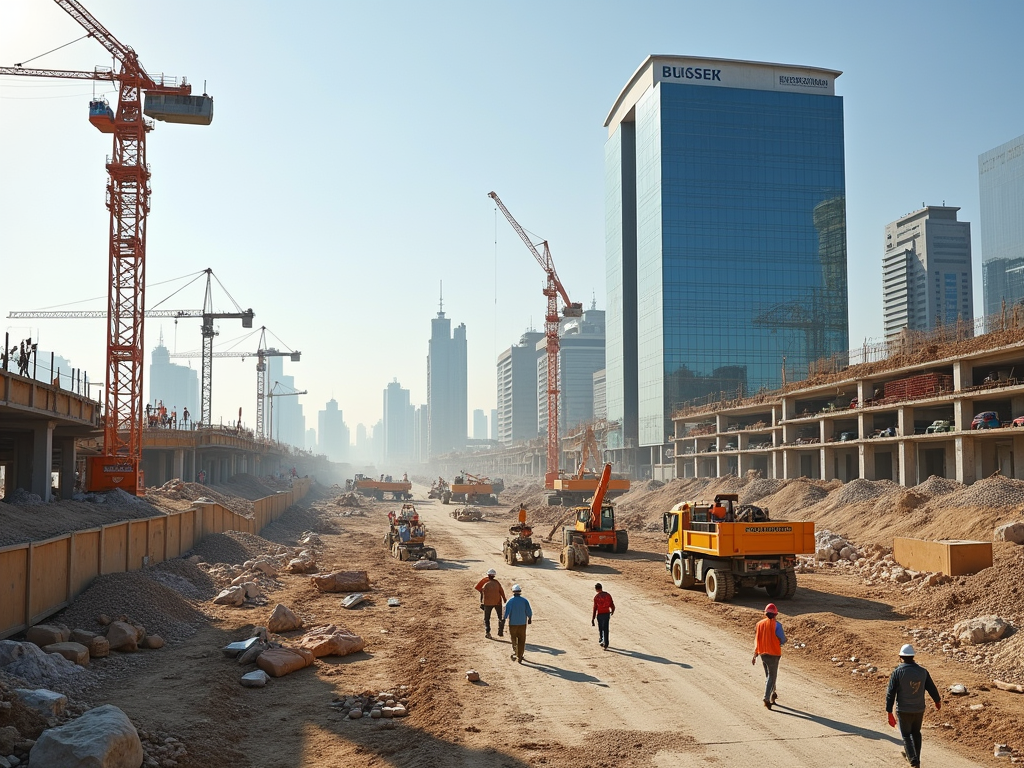
Dubai has established several tax-free zones tailored to different sectors, designed to stimulate growth and attract foreign investment. Each zone operates with unique regulations but shares a common goal of economic diversification. The most notable zones include:
- Dubai Multi Commodities Centre (DMCC)
- Dubai Internet City (DIC)
- Dubai Media City (DMC)
- Dubai Silicon Oasis (DSO)
- Jebel Ali Free Zone (JAFZA)
These zones prioritize the growth of specific industries such as technology, commodities, and media, fostering an ecosystem that encourages innovation and entrepreneurship. By granting businesses the privilege of registering without typical corporate tax liabilities, Dubai positions itself as a global business hub, further cementing its desirability for real estate investment.
The Benefits of Developing Real Estate in Tax-Free Zones
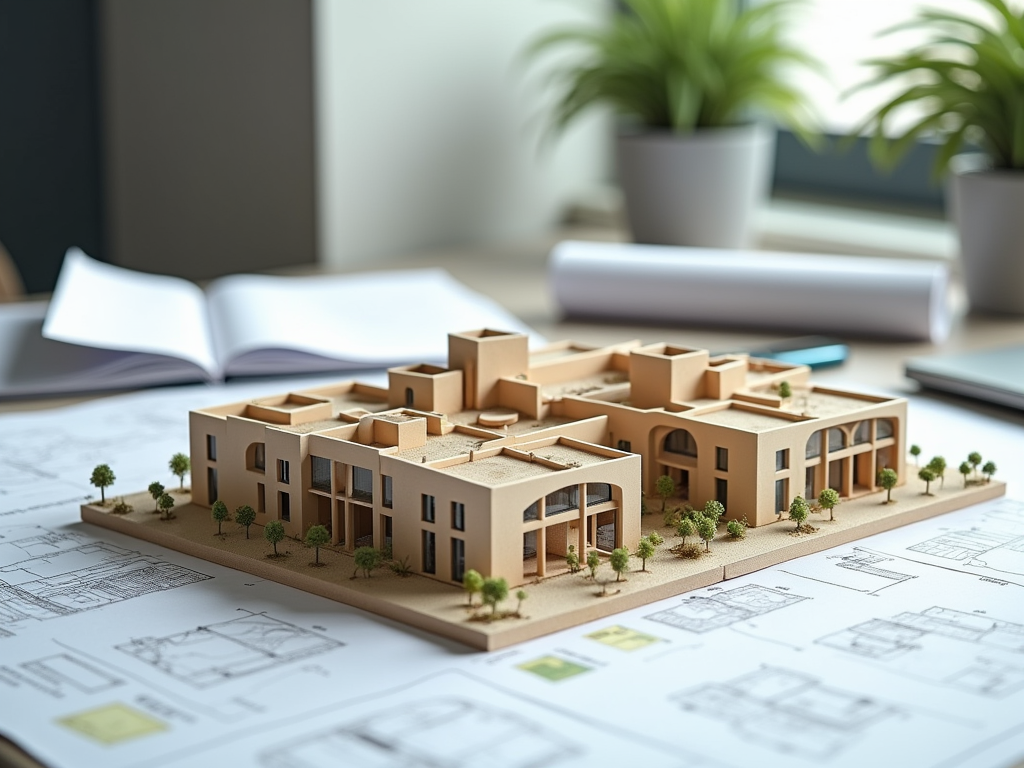
Real estate development in Dubai’s tax-free zones comes with a variety of advantages, making them attractive to investors. Here are the key benefits:
- Attractive fiscal policies: Investors in tax-free zones are exempt from corporate tax for a specified period, often up to 50 years, providing a favorable environment for profitability.
- Full ownership: Unlike many other locales that require a local partner, developers in these zones enjoy 100% foreign ownership of their assets, reducing the complexity of investment.
- Infrastructure and services: Tax-free zones boast world-class infrastructure, including transport links, utilities, and business services, essential for successful real estate ventures.
- Business-friendly regulations: Simplified company registration processes, quick licensing, and dedicated support services enhance operational efficiency for investors.
- Strategic location: Positioned between Europe, Asia, and Africa, Dubai serves as a strategic logistical hub, making it easier for businesses to tap into various markets.
These advantages not only attract foreign investors but also stimulate local business development, leading to a more dynamic real estate market.
The growth of tax-free zones has led to remarkable changes in Dubai’s urban landscape, fueled by continuous real estate development. This impact is observed in various facets:
- Skyrocketing Property Values: As demand for properties increases within these zones, prices have surged, creating lucrative opportunities for developers.
- New Infrastructure Projects: Investments gained through tax advantages catalyze extensive infrastructure projects, enhancing connectivity and accessing essential services.
- Job Creation: The influx of multinational companies leads to job creation, boosting the local economy and increasing demand for residential real estate.
- Urbanization: As more businesses move into tax-free zones, surrounding areas evolve, contributing to urban sprawl and the development of new housing and commercial spaces.
- Innovative Architectural Designs: Competition among developers fosters creativity, resulting in iconic, modern designs that redefine Dubai’s skyline.
Overall, the implication of tax-free zones on the urban landscape has redefined Dubai’s identity, attracting global attention and establishing it as a benchmark for other cities.
The Future of Real Estate Development in Dubai’s Tax-Free Zones
The future of real estate development in Dubai’s tax-free zones appears robust given the ongoing commitment from the government to enhance investment conditions. Recent trends indicate sustained interest in these areas, particularly as innovative sectors such as technology and renewable energy gain momentum. Furthermore, the continuous expansion of these zones suggests potential diversification of investment portfolios, catering to emerging industries. The anticipated introduction of additional tax incentives, along with efforts to streamline processes further, may bolster investor confidence. With initiatives like the Dubai 2040 Urban Master Plan in play, the strategic vision for real estate development becomes intertwined with broader economic goals, ensuring sustainable growth in years to come. This landscape is set to grow ever more vibrant, positioning Dubai as an enduring leader in global real estate investment.
Conclusion
In conclusion, Dubai’s tax-free zones have profoundly impacted the real estate development landscape, fostering an environment where innovation, growth, and investment thrive. The advantages these zones offer—such as tax exemptions and full ownership—have attracted both local and international developers, leading to increased urbanization and a competitive market. As Dubai continues to evolve its economic strategy, the synergy between tax-free zones and real estate will play a crucial role in shaping the city’s future. Developers and investors looking to capitalize on these opportunities will find themselves in a position to benefit from the ongoing transformation of this dynamic market.
Frequently Asked Questions
1. What are Dubai’s tax-free zones?
Dubai’s tax-free zones are specially designated areas that allow businesses to operate without typical corporate tax liabilities, enabling 100% foreign ownership and various operational incentives.
2. How do tax-free zones benefit real estate developers?
Tax-free zones provide developers with exemptions from corporate tax, full ownership of their projects, access to world-class infrastructure, simplified regulations, and strategic locations for businesses.
3. Which sectors are most prominent in Dubai’s tax-free zones?
The most prominent sectors include technology, media, logistics, trade, and commodities, as each zone is designed to attract specific industries.
4. How do tax-free zones contribute to job creation in Dubai?
The establishment of multinational firms in tax-free zones leads to job creation, thereby increasing demand for residential properties and services in surrounding areas.
5. What is the projected future of real estate in Dubai’s tax-free zones?
The future appears promising, with a focus on sustainable growth driven by continuous investment, innovative sectors, and initiatives like the Dubai 2040 Urban Master Plan to enhance the urban landscape.
